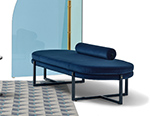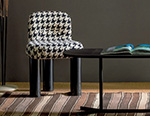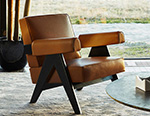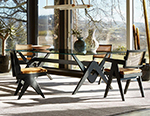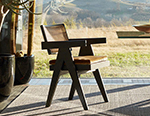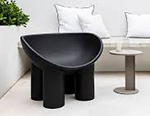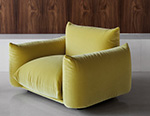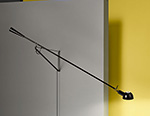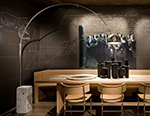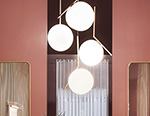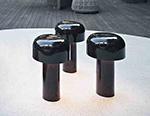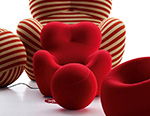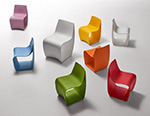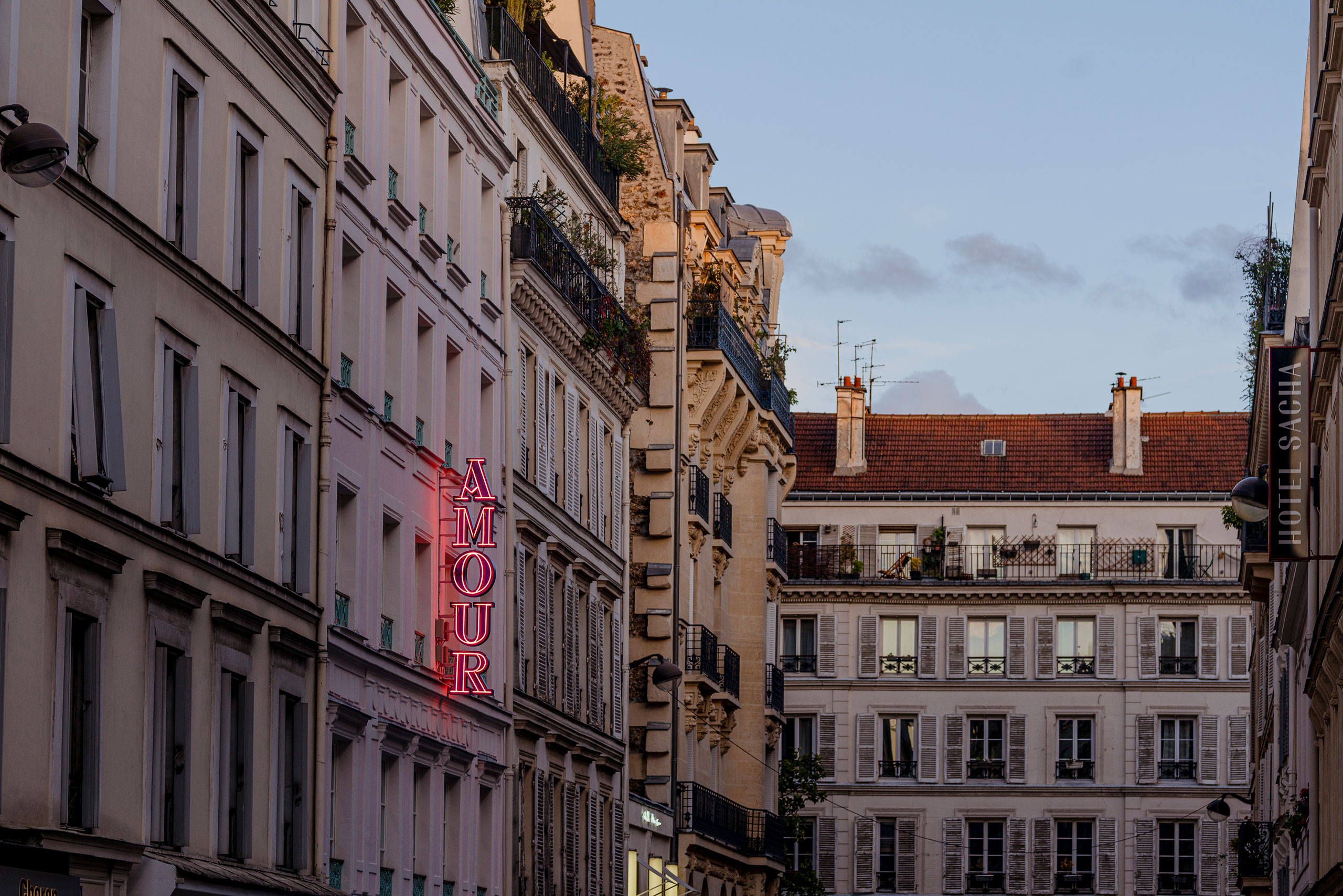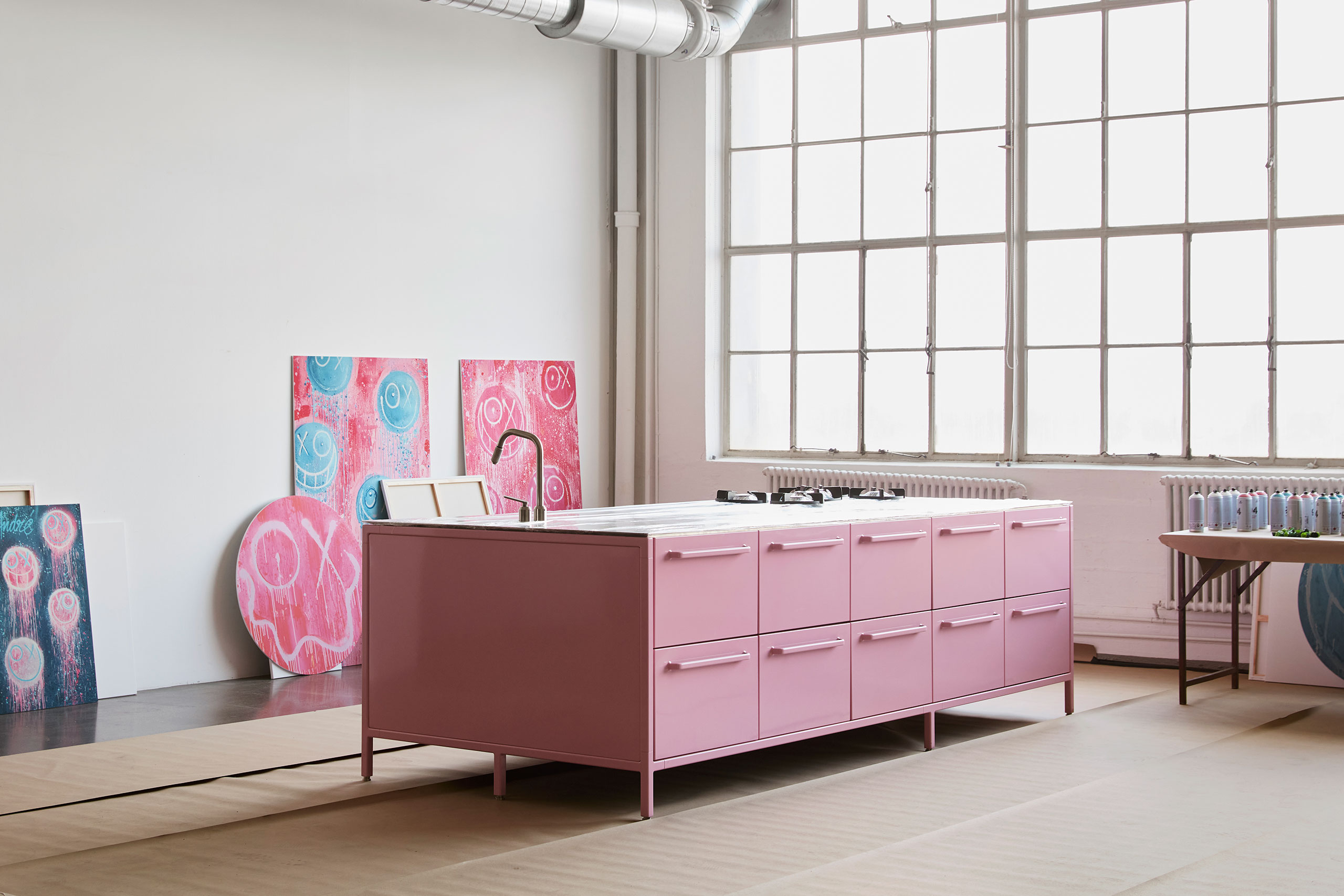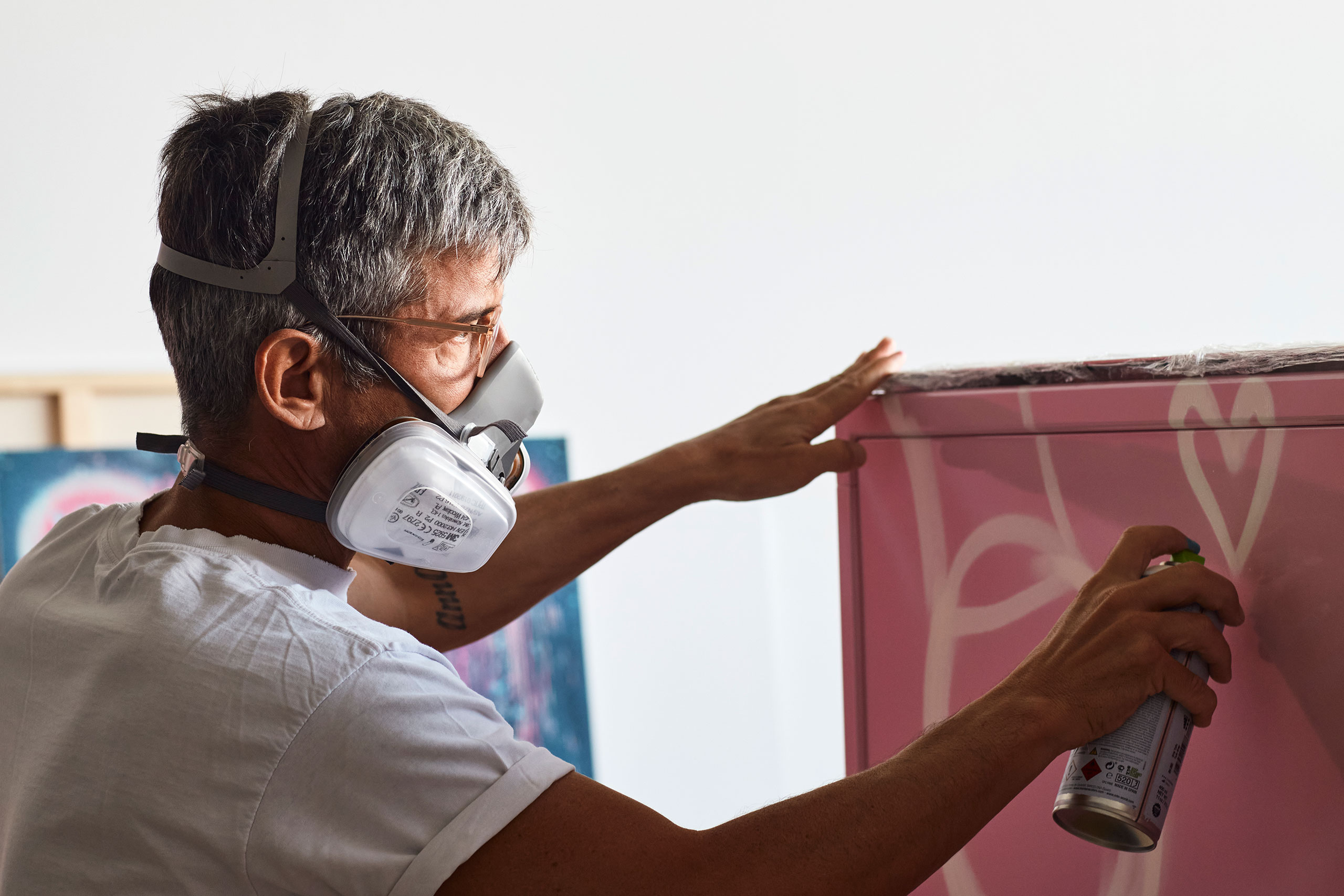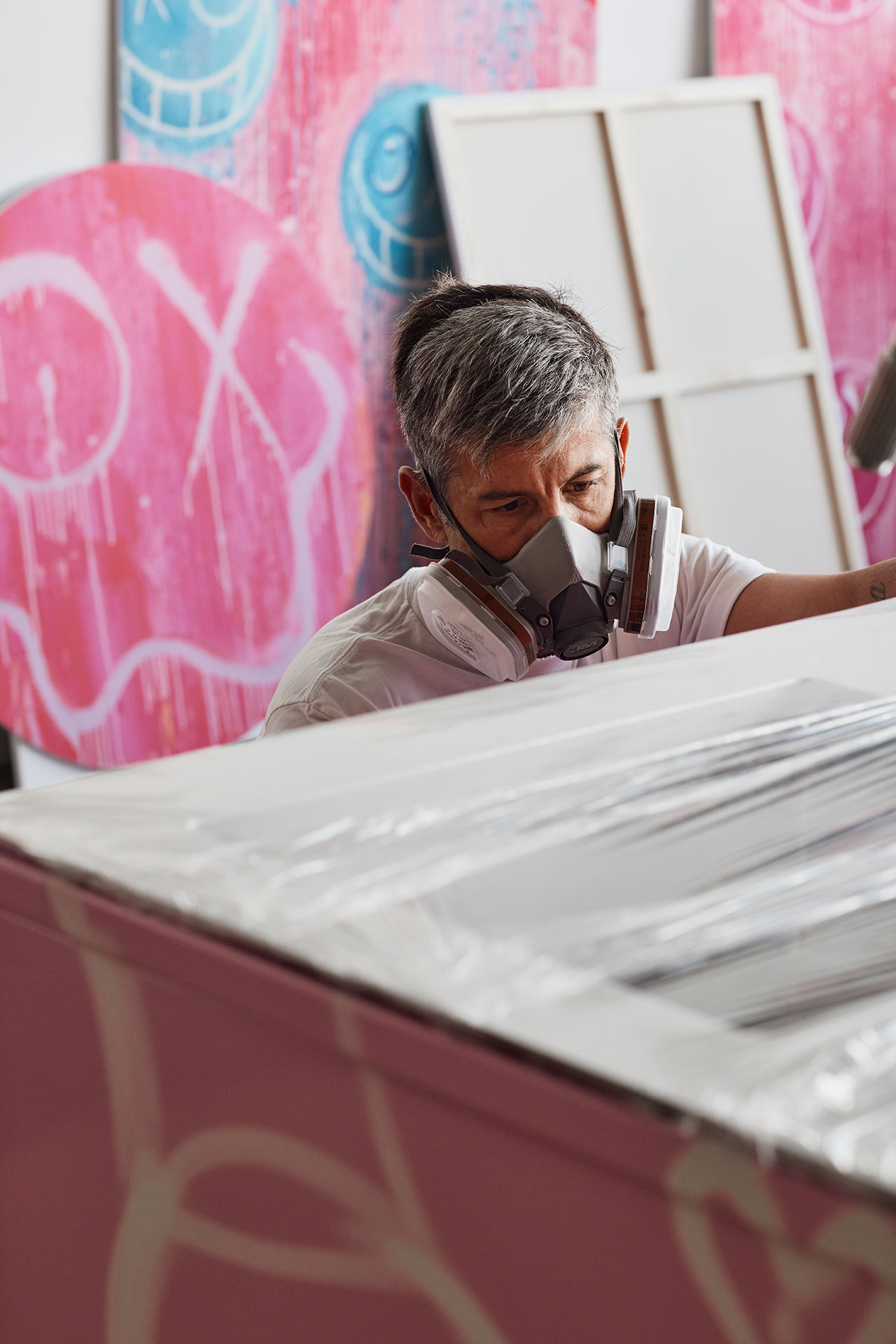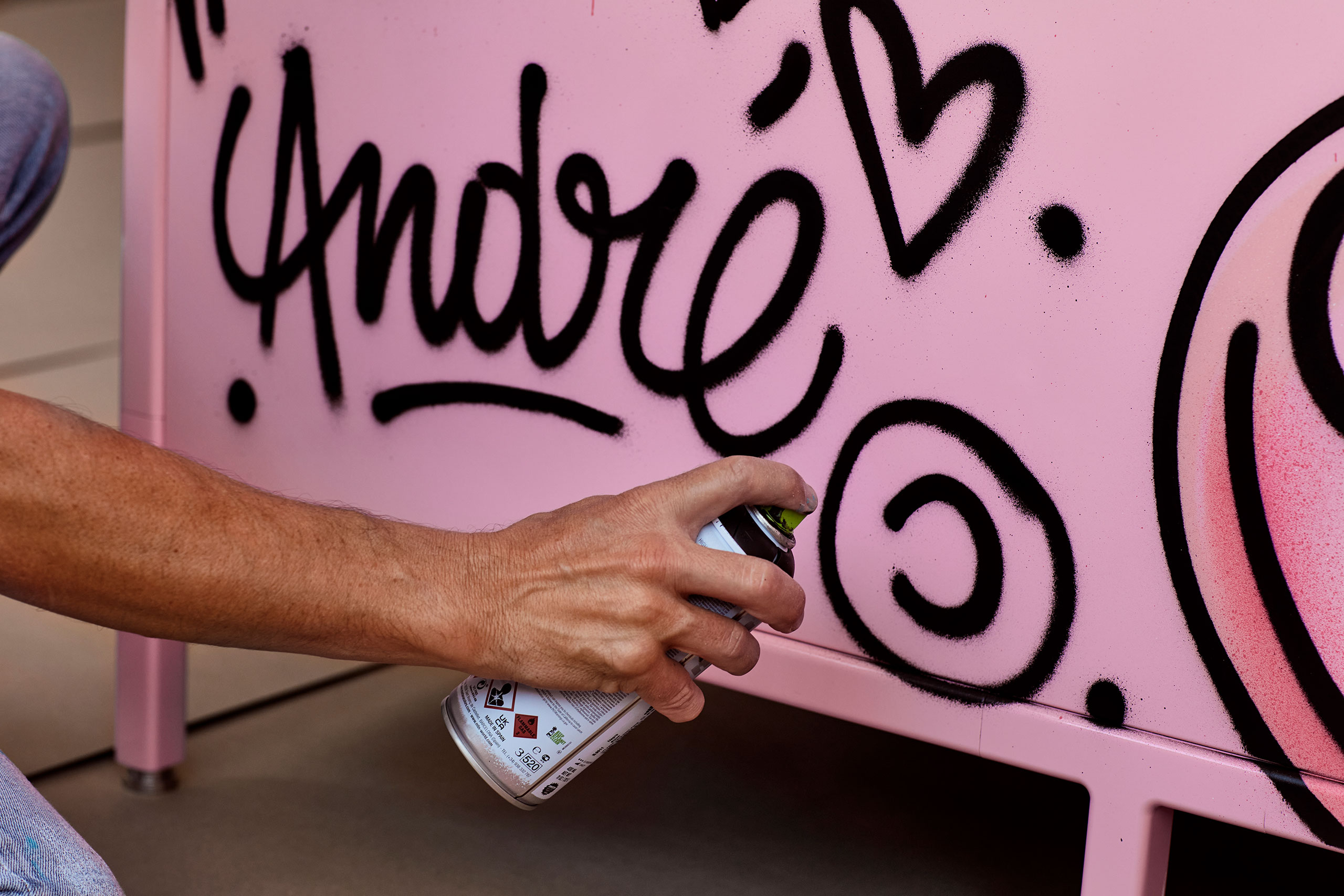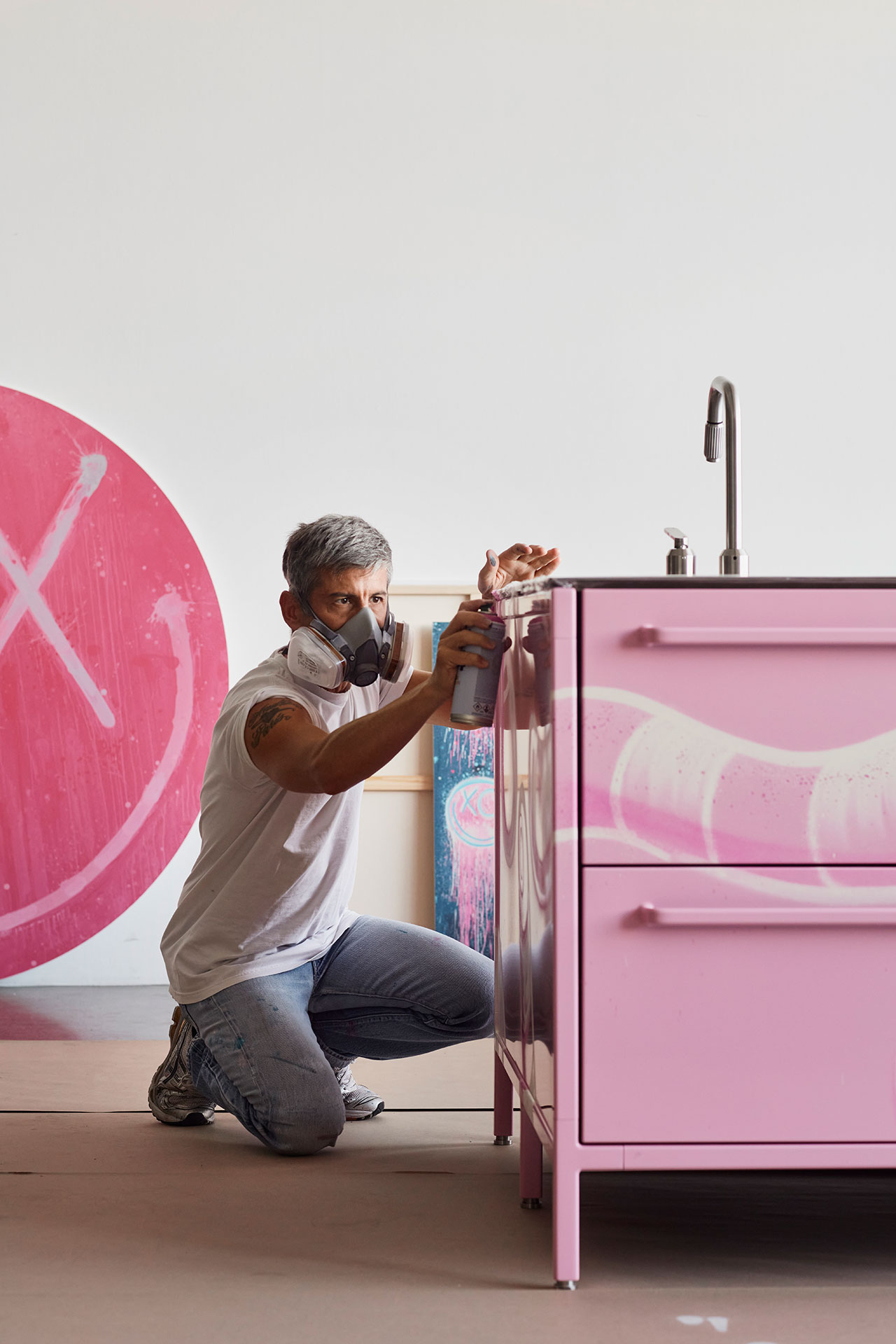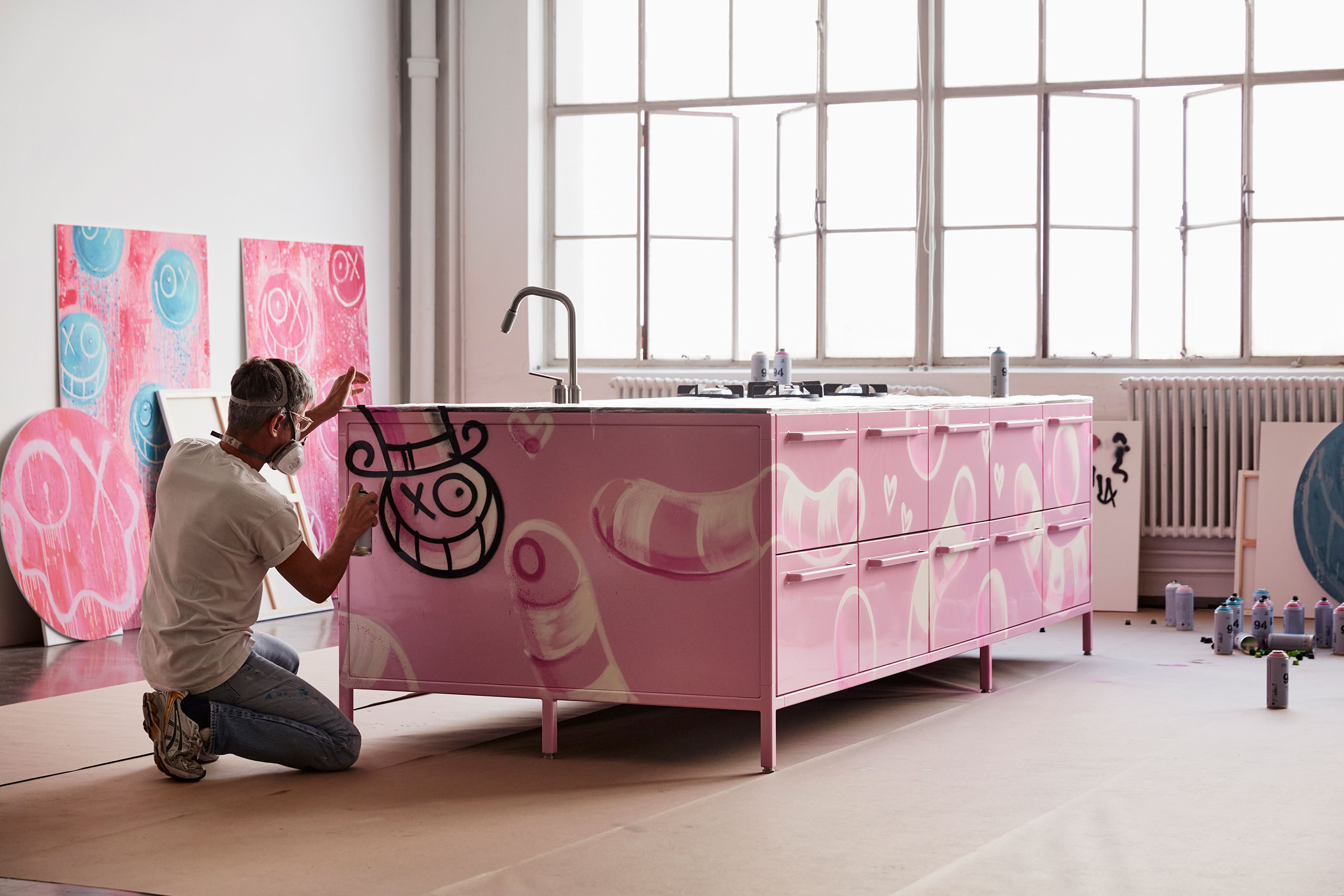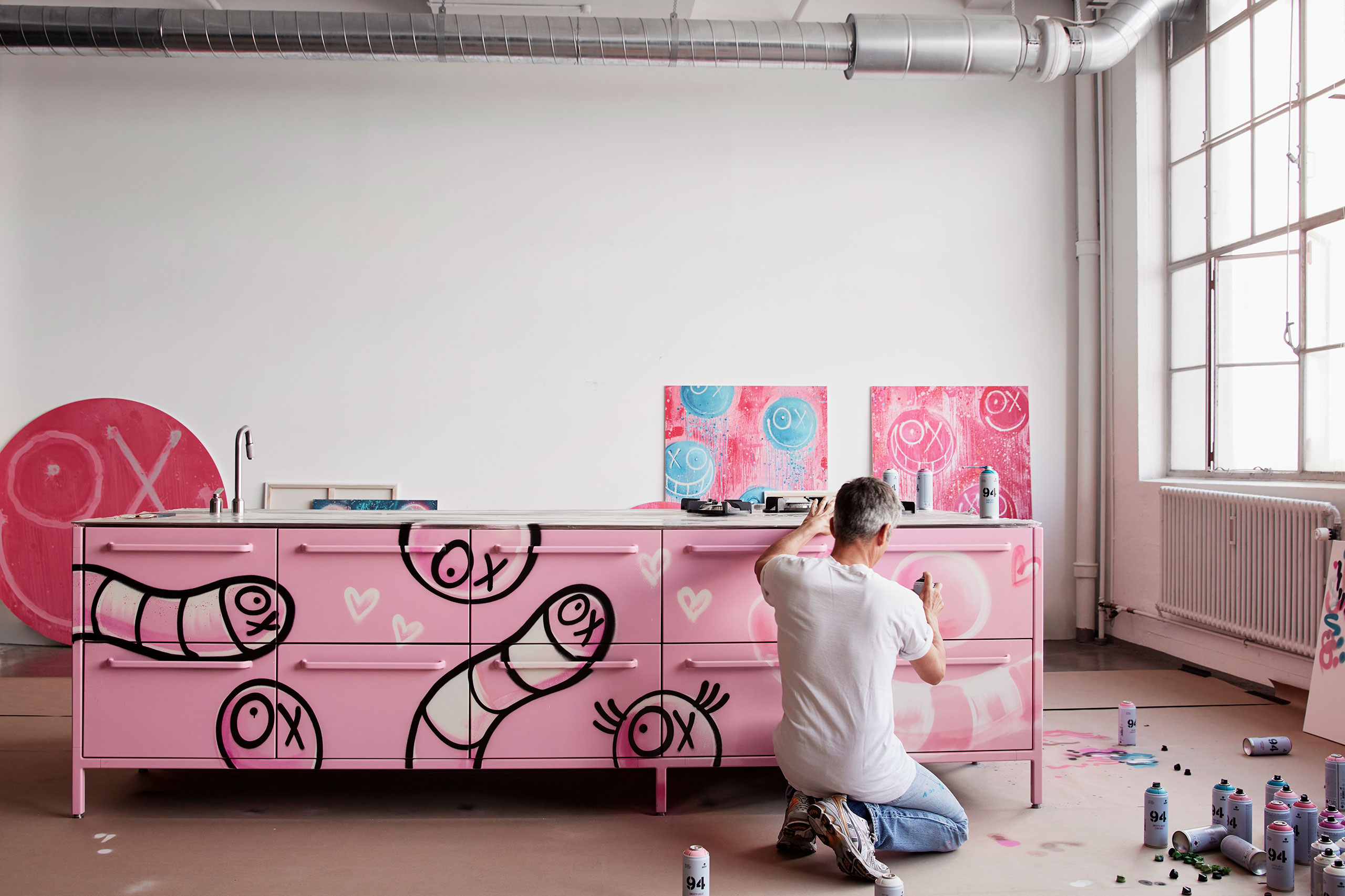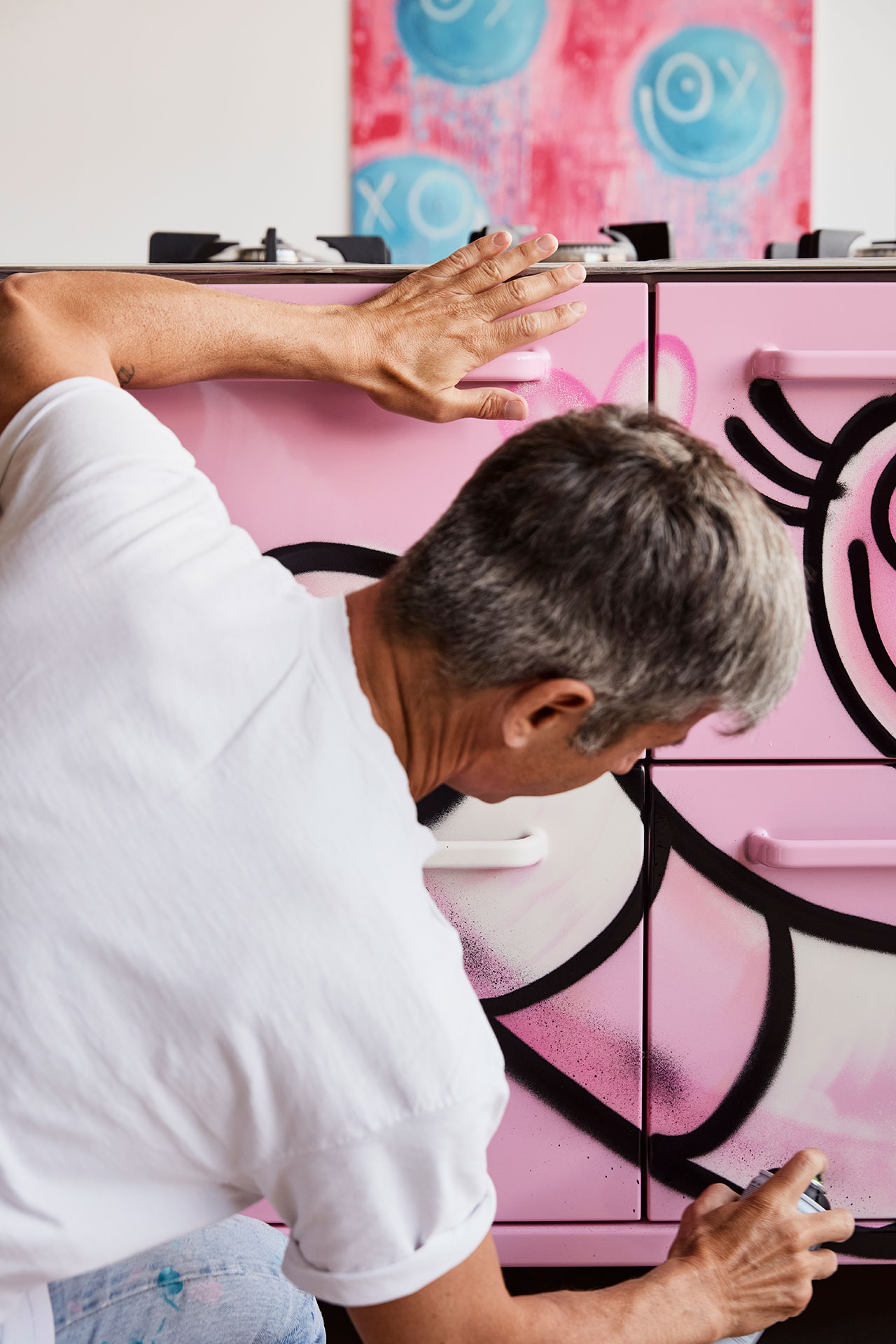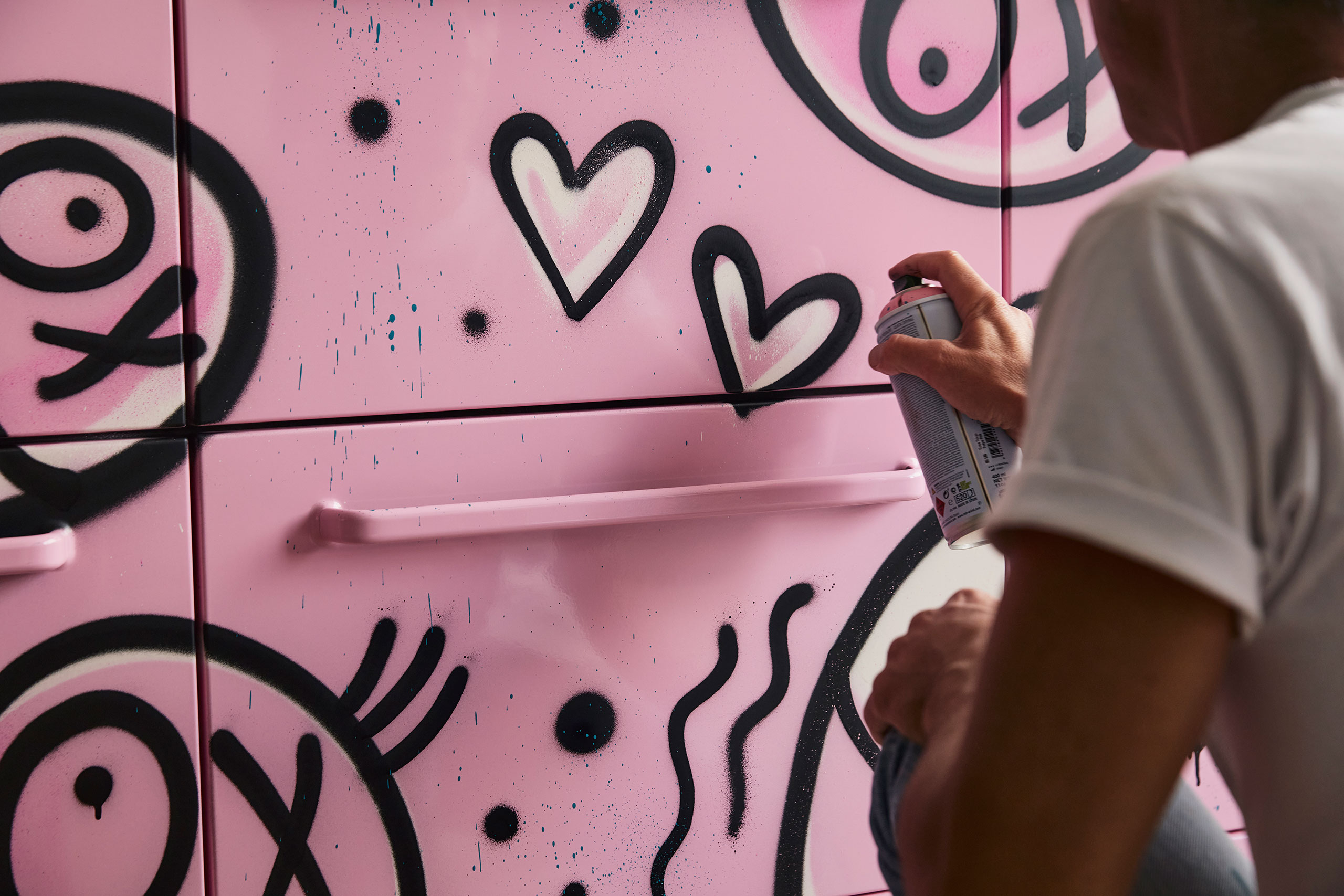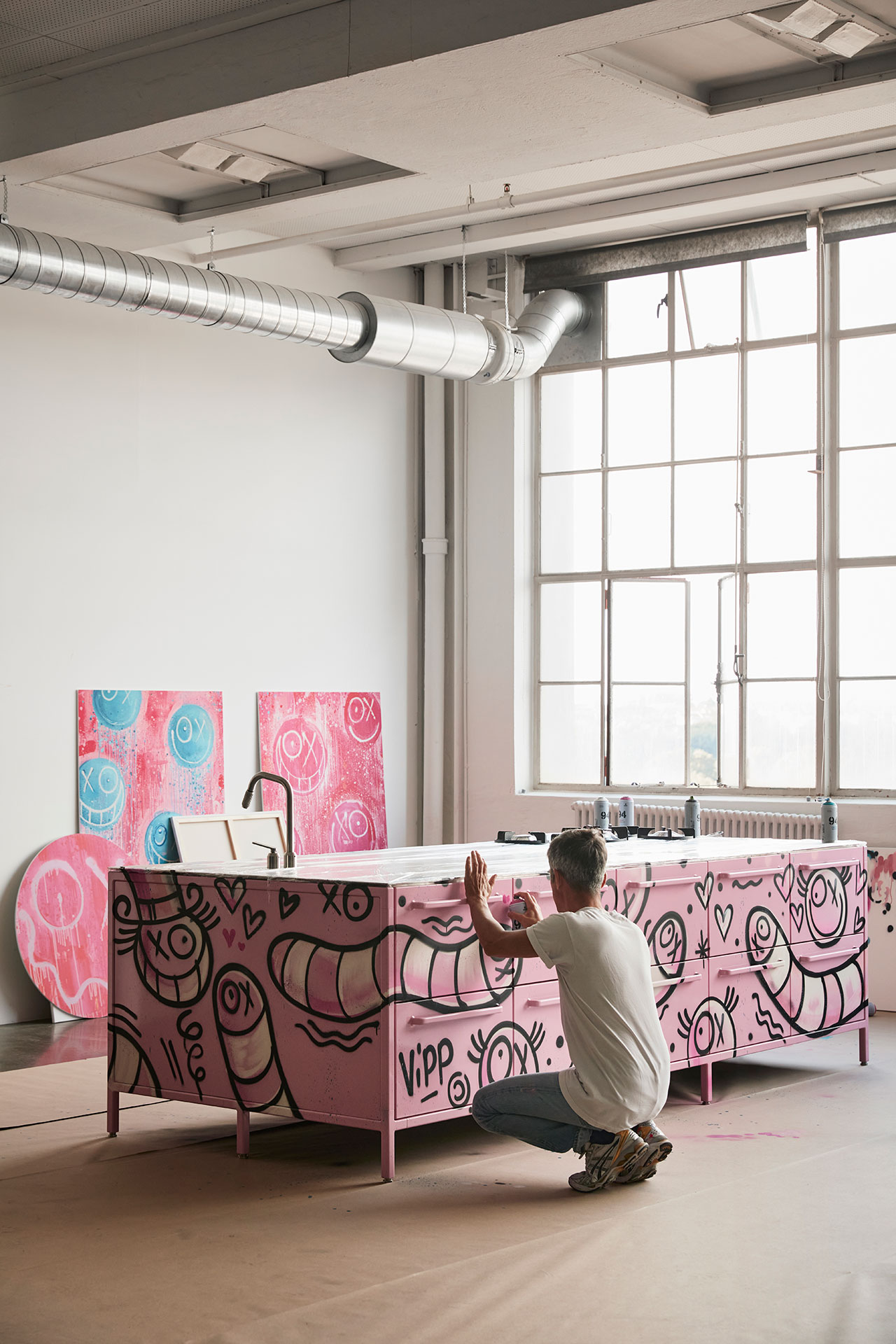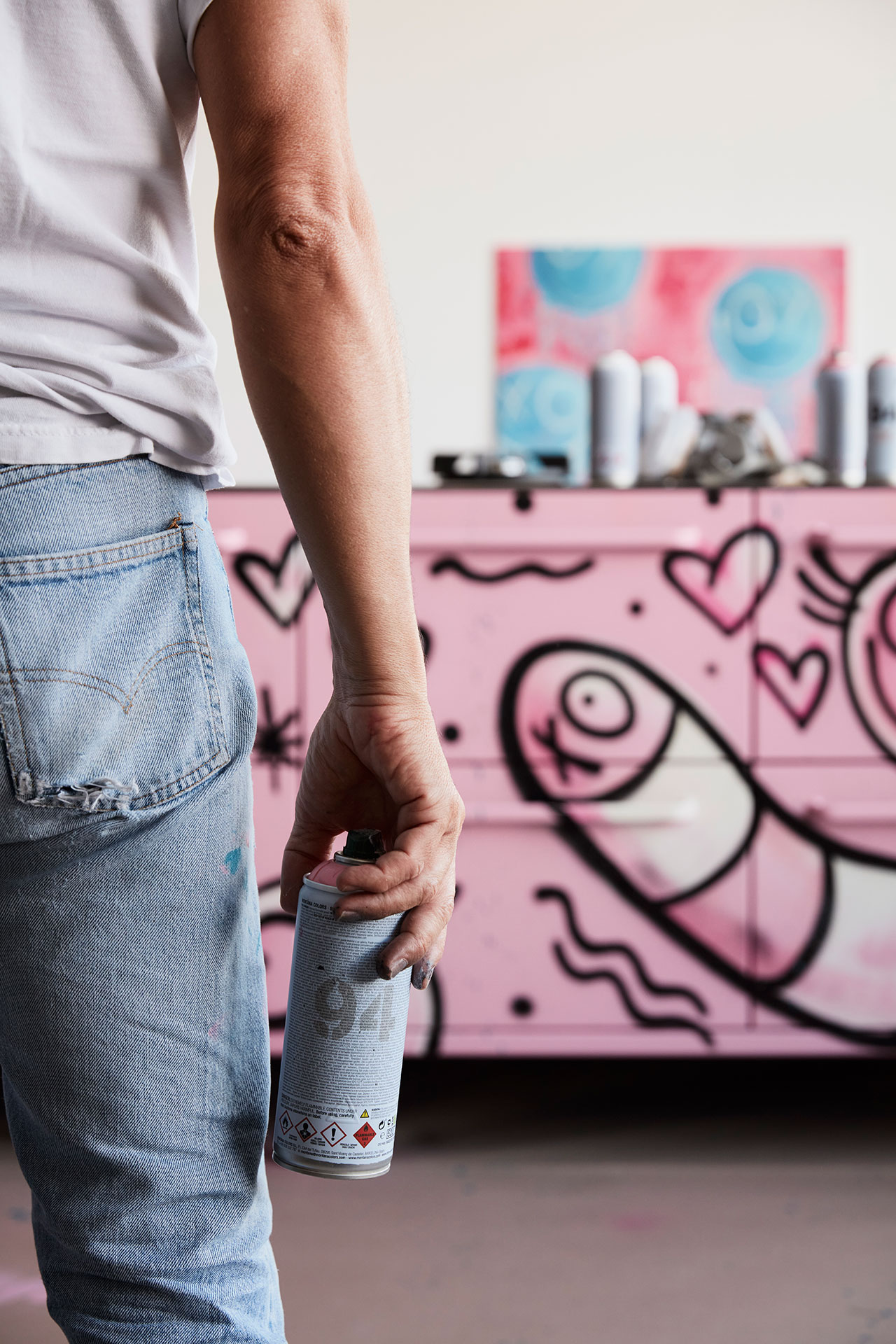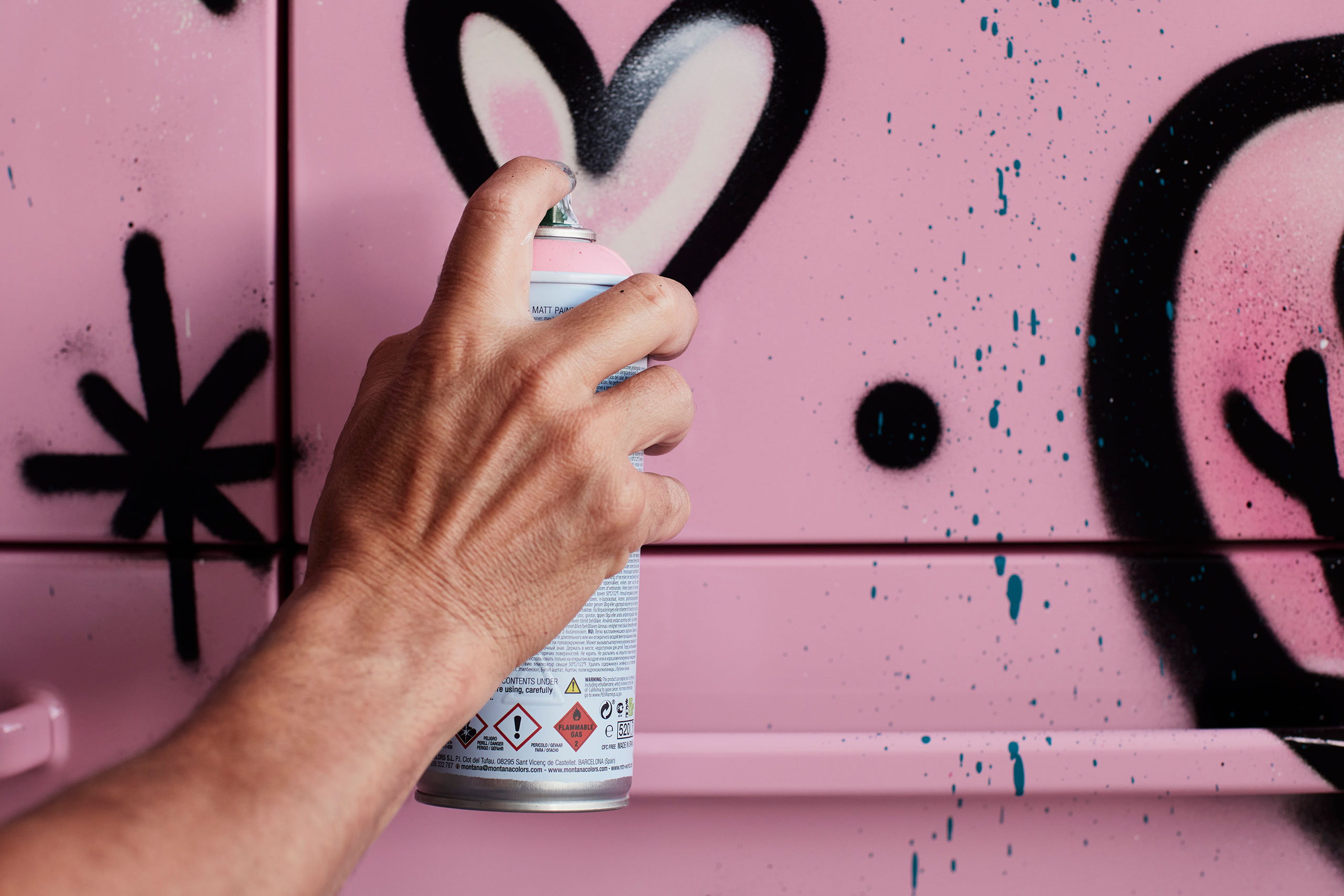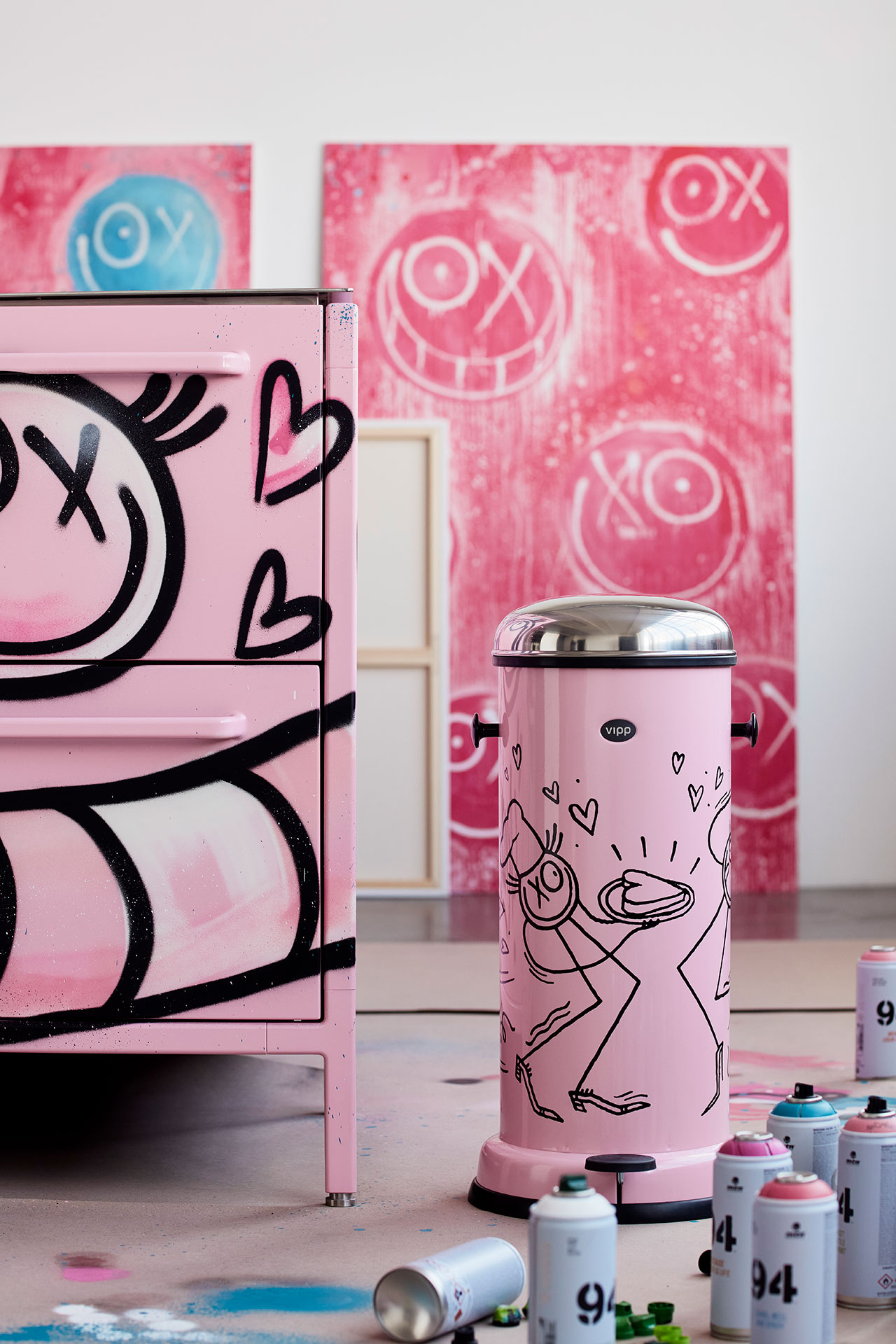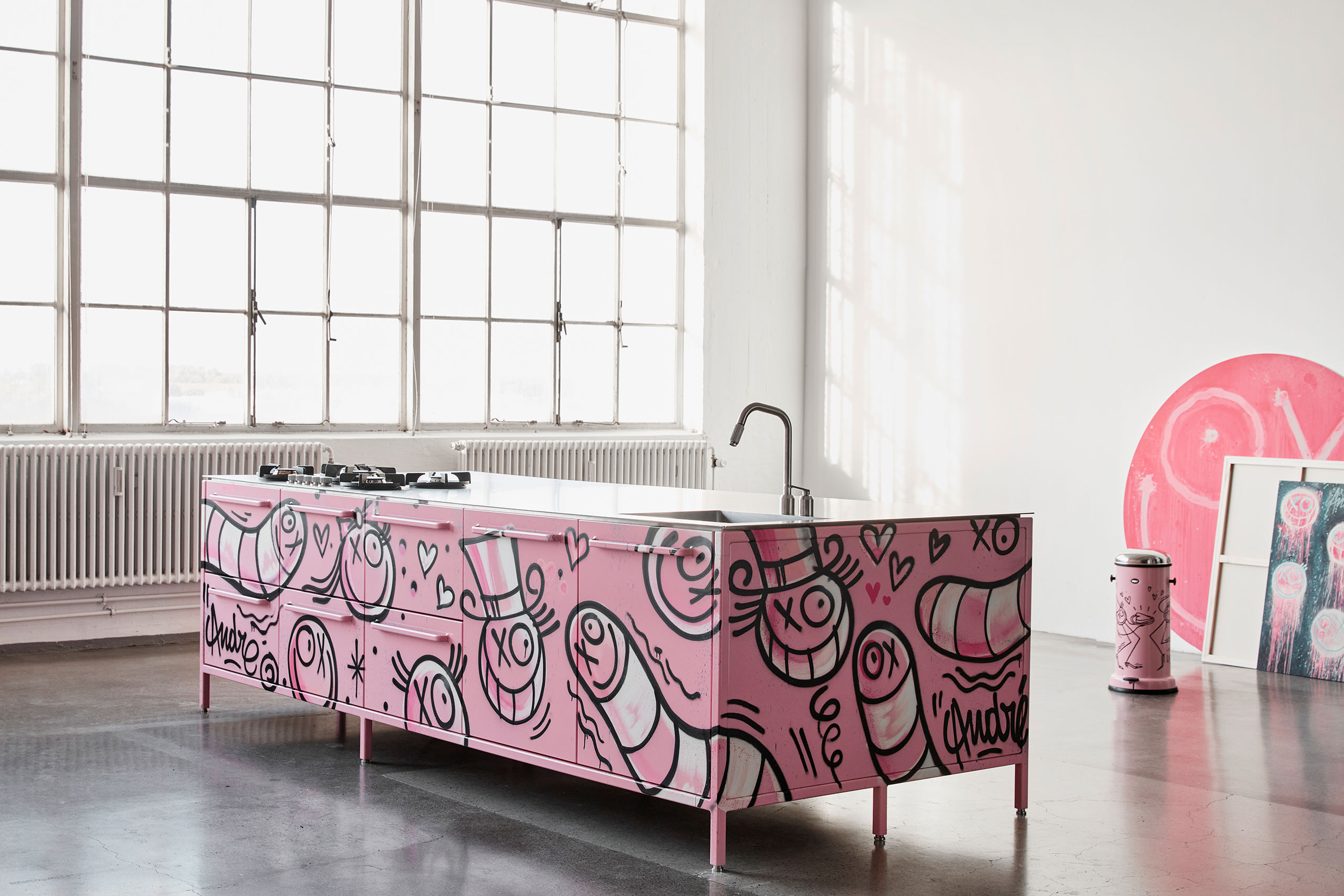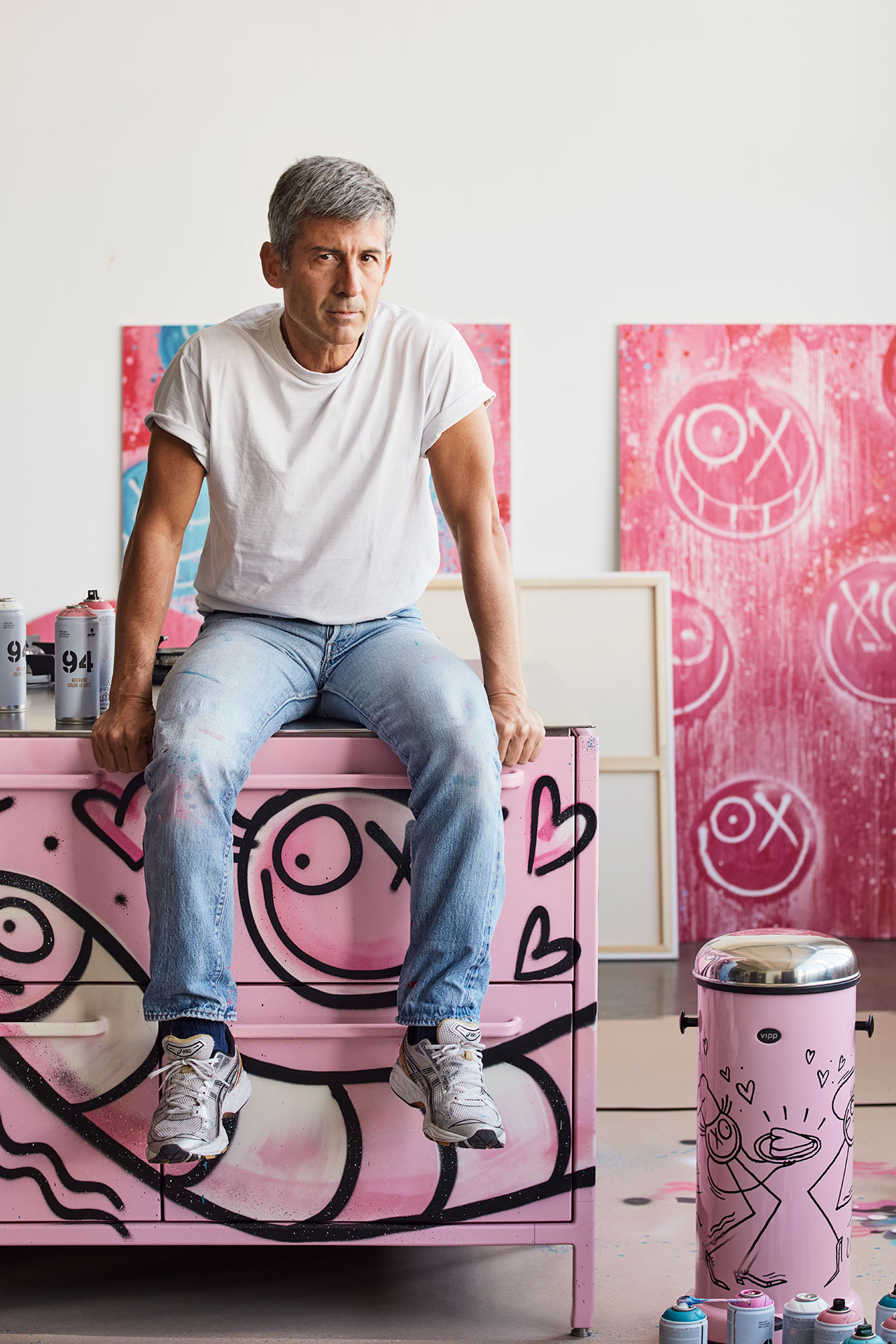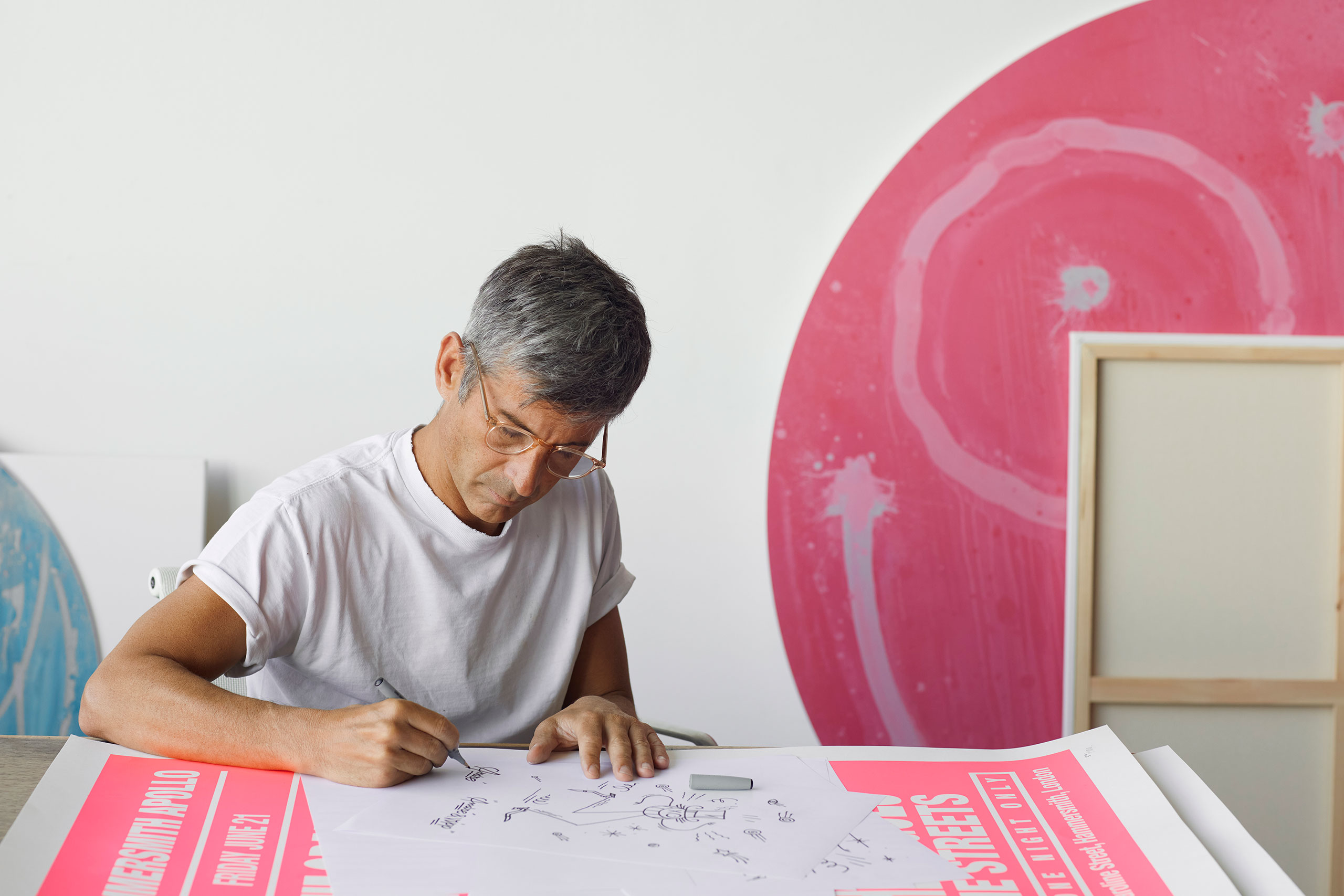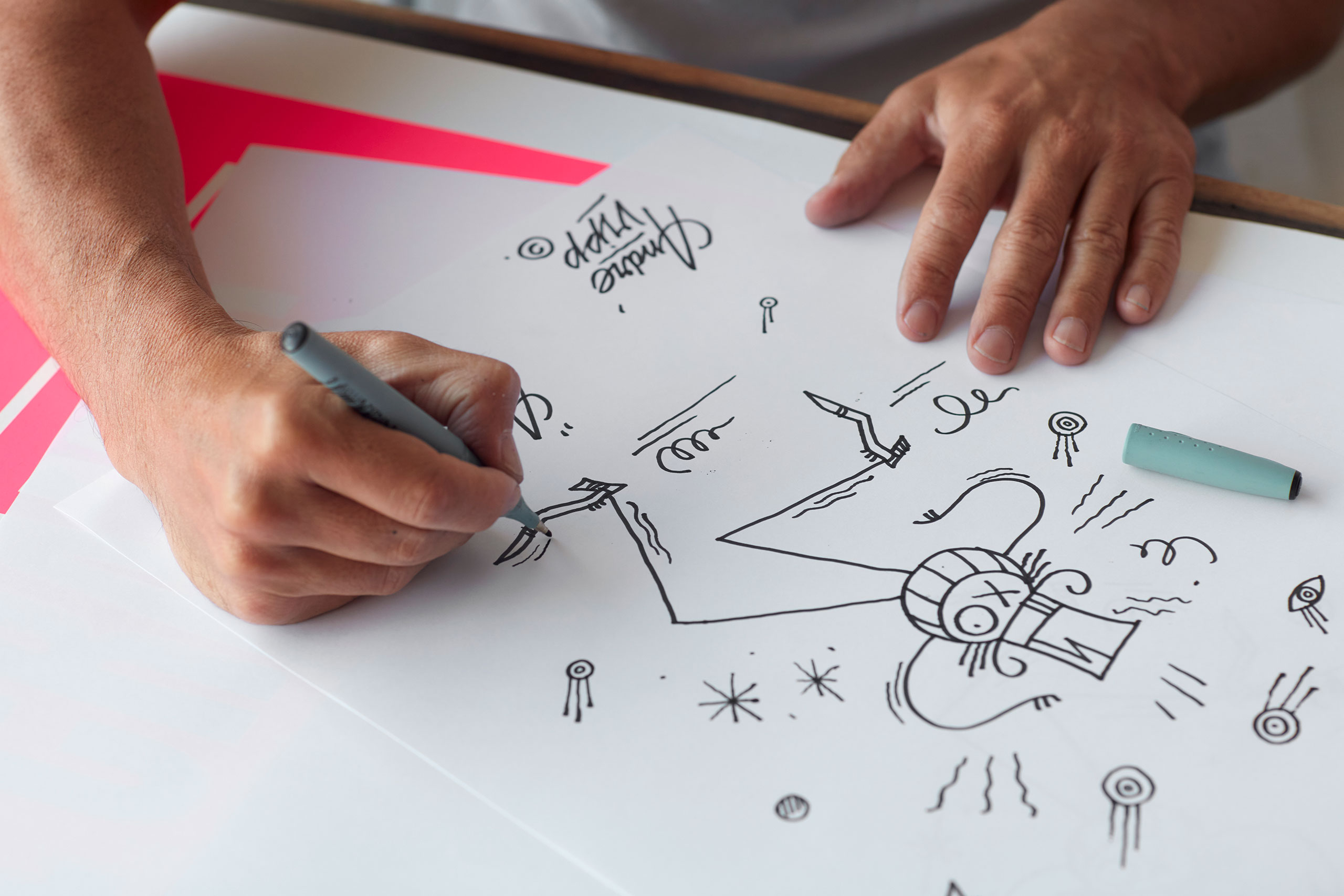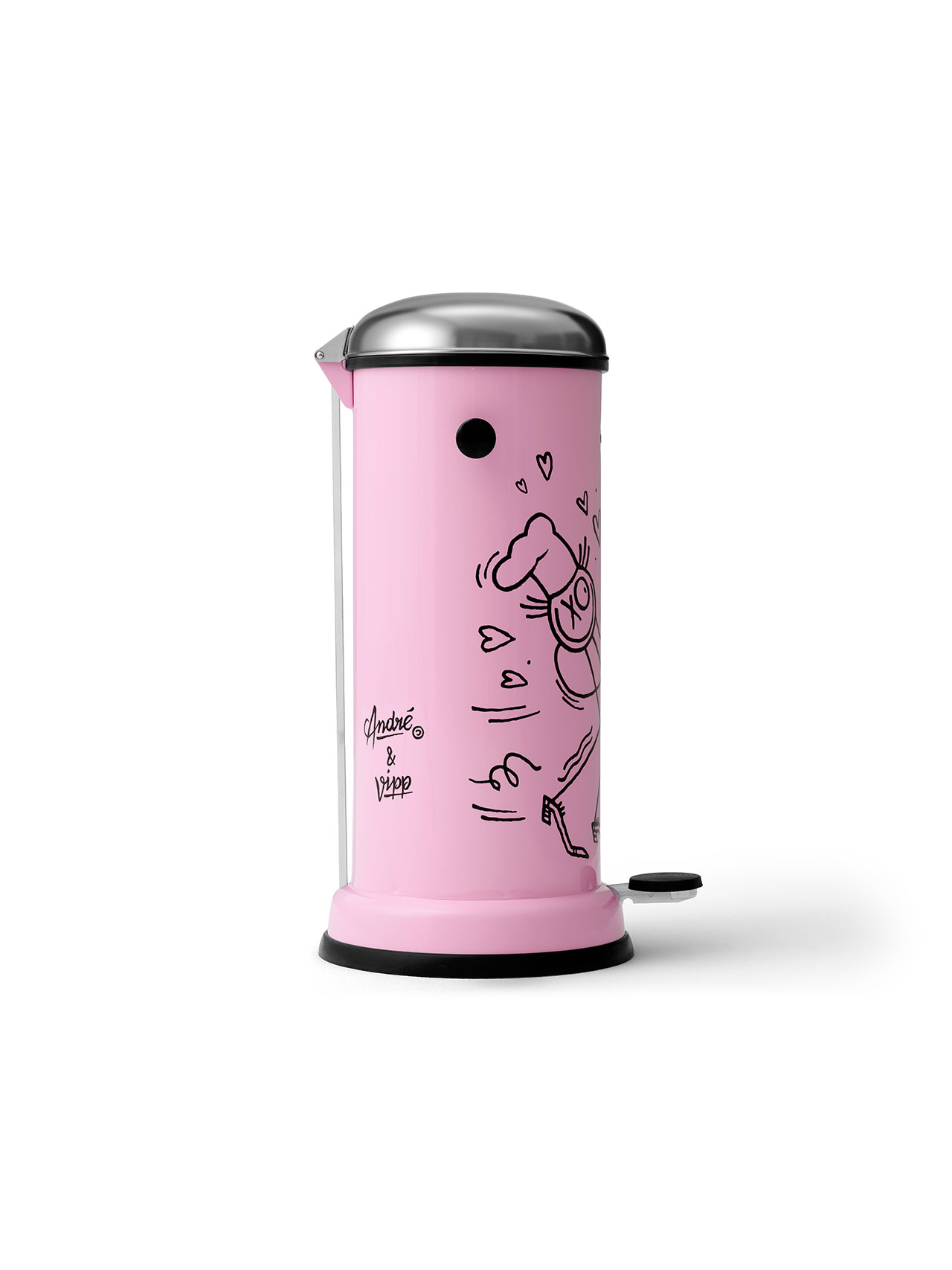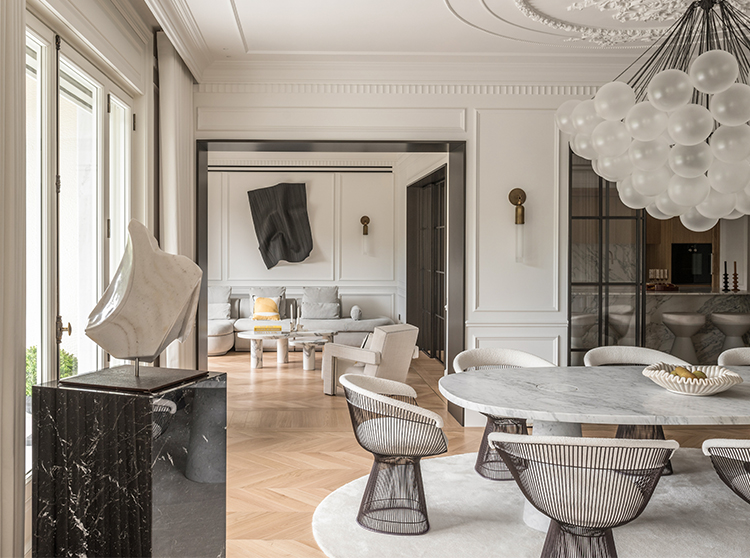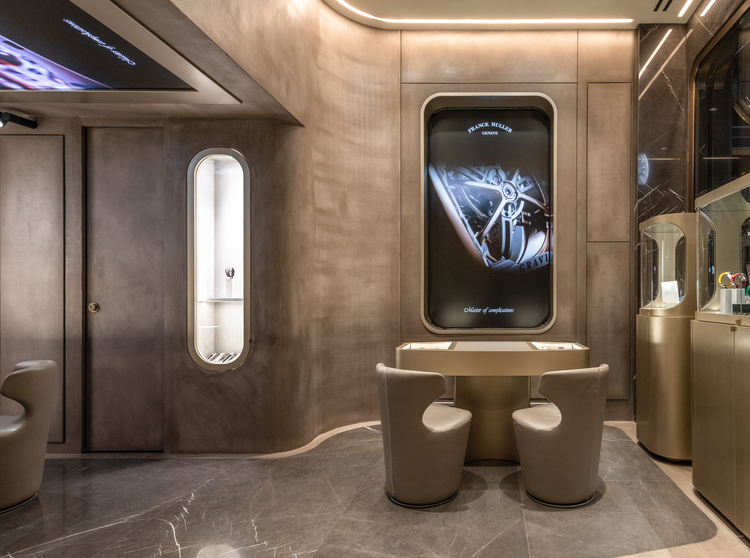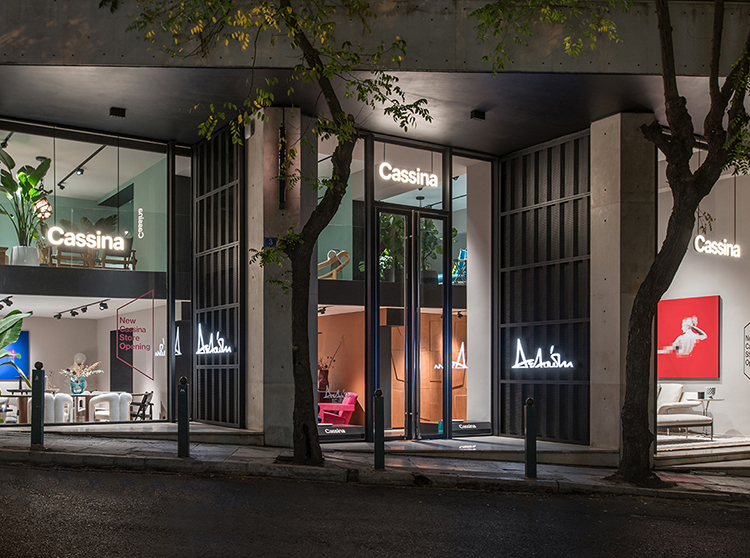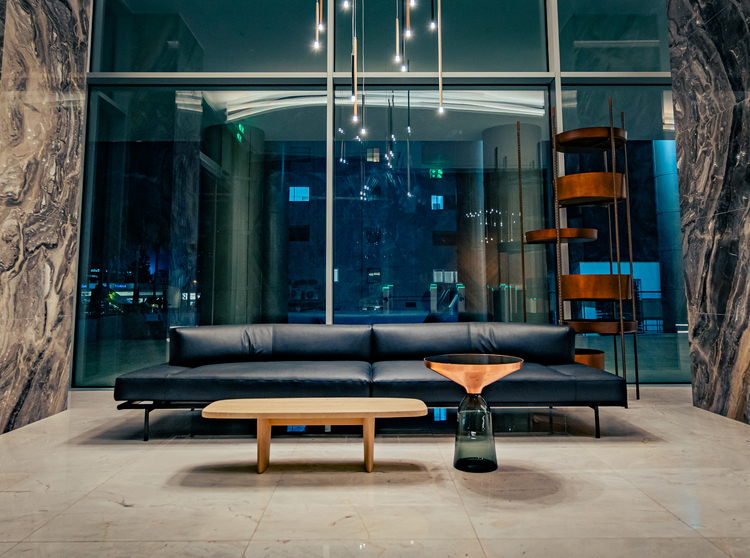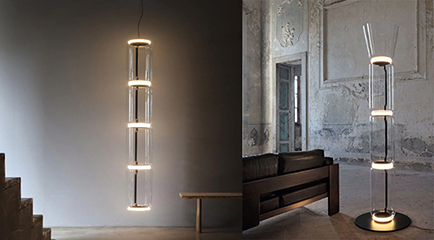What happens when the colourful exuberance and whimsical playfulness of street art is combined with the sleek sophistication and ergonomic precision of industrial design? “Amour”, a collaboration between Swedish-born, French graffiti artist André Saraiva and Danish homeware brand Vipp, answers this question with elan. Saraiva’s pink-swathed oeuvre of cartoonish figures exists worlds apart from the sleek, matt-black high-end kitchen units that Vipp is renowned for, which makes the limited-edition kitchen island and pedal bin that Saraiva re-imagined in his signature style a lesson in the creative potential of unexpected partnerships. Conceived as a celebration of all the love that takes place in a kitchen, the idea for the collaboration arose when André commissioned custom Vipp pedal bins for his Hotel Amour in Paris, where the collection takes its name from. Dipped in candy pink and graffitied with a troupe of cartoonish figures, including Saraiva’s round face alter ego Mr. A, the ‘Amour’ pedal bin and kitchen island – both iconic Vipp products – inject a generous dose of conviviality and playfulness that can’t help but put a smile on your face while you cook.
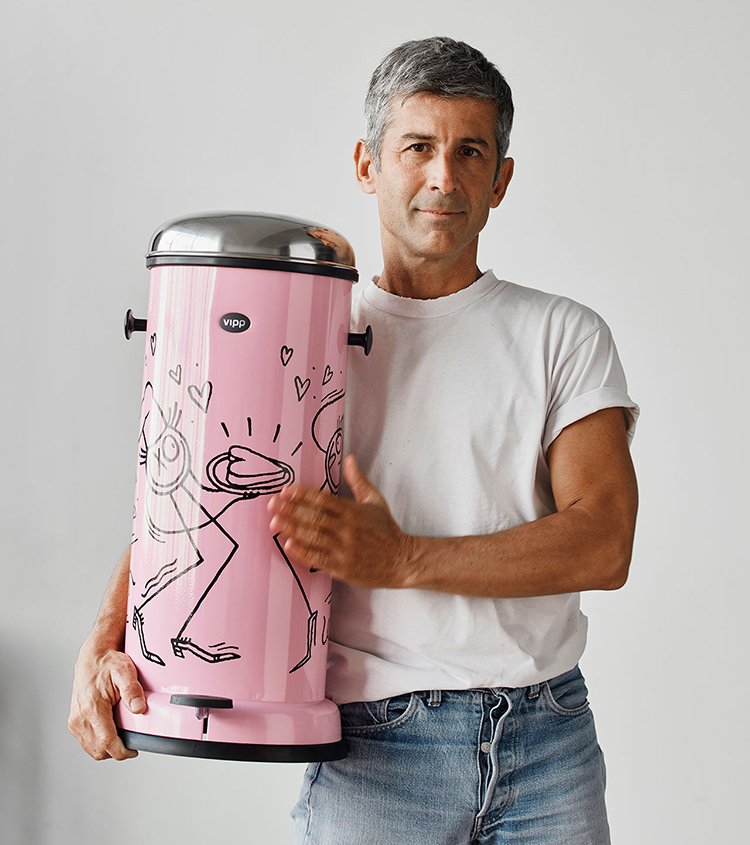
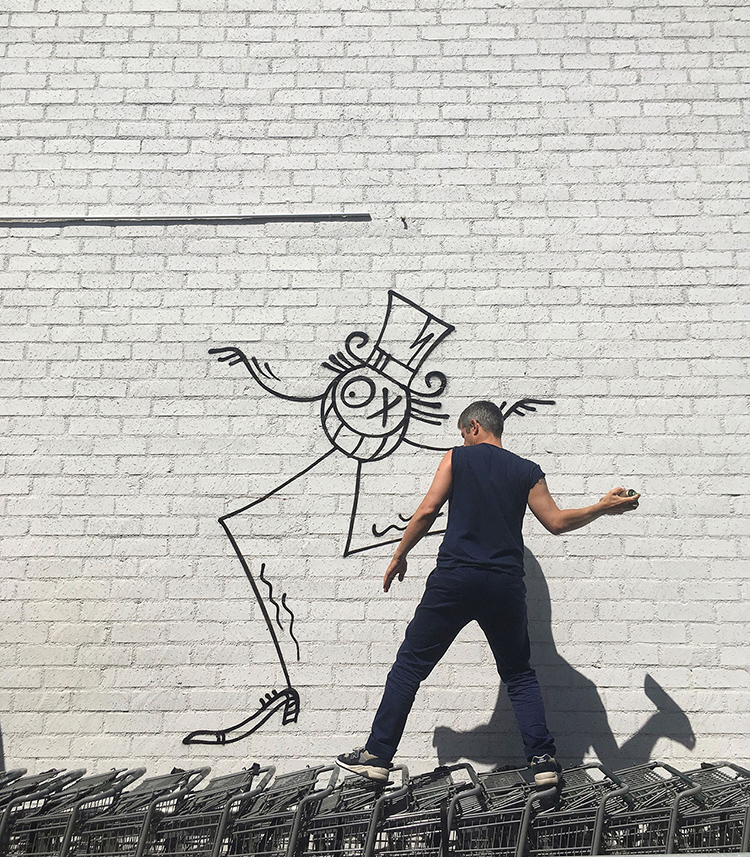
Saraiva is no typical graffiti artist; his work eschews the underground aesthetic and protest messaging that street art is usually synonymous with for an utopian outlook bursting with conviviality and playfulness as embodied by his alter ego, Mr. A: a cheerful, top-hatted stick figure with long, squiggly limbs, a huge smile and an eye-catching wink representing, in Saraiva’s words, “everyone’s best friend and lover”. One of the first street artists in the 1980s to use such a figurative logotype as his signature, Saraiva redefined the art of graffiti with his whimsical iconography and vibrant palette of candy pink, a colour which is pretty much taboo in the graffiti world, and in the process spread a message of love – sometimes literally: his “Love graffiti” are colossal tags of people’s names commissioned by their loved ones as a love declaration of their feelings. As he points out, love is a recurring theme in his life and thus in his art too.
It’s no surprise therefore that Saraiva chose ‘Amour’ as the name of his boutique hotel in Paris which he launched in 2014 in partnership with Thierry Costes and Emmanuel Delavenne. Set in a former brothel in Pigalle, Hotel Amour is a bohemian enclave of art, fashion and romance that has since grown to include a sister venue near the Gare du Nord with another outpost in Nice. In actual fact, apart from being a pioneering hotelier and a prolific artist – his work has been shown in museums and contemporary art galleries around the world – Saraiva is also a nightlife impresario with some of the best nightclubs in Paris and New York in his portfolio.
‘Amour’ marks the first art-led iteration for the brand’s steel kitchen but when it comes to the iconic Vipp pedal bin, Saraiva follows a long list of artists such as Philippe Starck, John Baldessari and Yoko Ono who have designed limited editions over the last 20 years. Nevertheless, Saraiva’s design stands out as much for its bold colour choice as for its theme: conceived as a token of love for the most useful yet overlooked element in the kitchen, its theme serendipitously echoes the 80-year-old bin’s origins.
Crafted in 1939 by Danish metal smith Holger Nielsen for his hairdresser wife who needed a practical waste bin for her salon, Vipp’s pedal bin is both a labour and a declaration of love. Incredibly, when Saraiva initially commissioned the ‘Amour bin’ for his namesake hotel, he was, at the time, completely unaware of its history, as he chose it for its elegant simplicity and superb quality. Of course, once the connection was revealed, the ensuing limited-edition collection became an even more potent symbol of love – love for cooking, for food, for sharing it with your loved ones, even for the leftovers that ultimately end up in the bin.

